This year and the last 5 years, every time I see the Melodic Black Metal label, usually the bands of this sense have a lot of attachment to Dissection in their sound, and there are few bands that contribute to this style being seen with different eyes, So this 2023 I found the Americans from Blackbraid, who despite having an album that has a lot of the Swedes sound, at certain moments you can feel a brief personality that attracts attention, but obviously it is very small in every sense. So, after the Thulcandra hype and without any personality, I once again found myself with another project that has many beginnings of a musical nature with “Nous sommes d'hier” by Sühnopfer. I remember very well that I met them on their 2019 album “Hic Regnant Borbonii Manes”, and at that time the band had that Dissection flavor. For this reason, Metallerium interviewed Ardraos, the only member of this band.
Para leer la entrevista en español: Entrevista a Sühnopfer
Metallerium: Welcome to Metallerium website Ardraos. Thanks a lot for taking the time to answer our questions. First of all, how have you been?
Sühnopfer: Hi! Everything’s going fine thank you! I’m really proud and excited about the release of “Nous Sommes d’Hier” with Debemur Morti this October!
Metallerium: It has been 4 years since the previous record. What have you been doing all this time?
Sühnopfer: Yes, it's already been 4 years since the last album, but that's usually the time it takes me to work on new material. I always try to improve Sühnopfer's music with each release and make sure that each album is even better elaborated than the previous one, so it takes some time! But it also depends on the free time I can devote to it, because I am not a professional musician and I have to provide for my family as well, and I'm working on a lot of other things besides that.
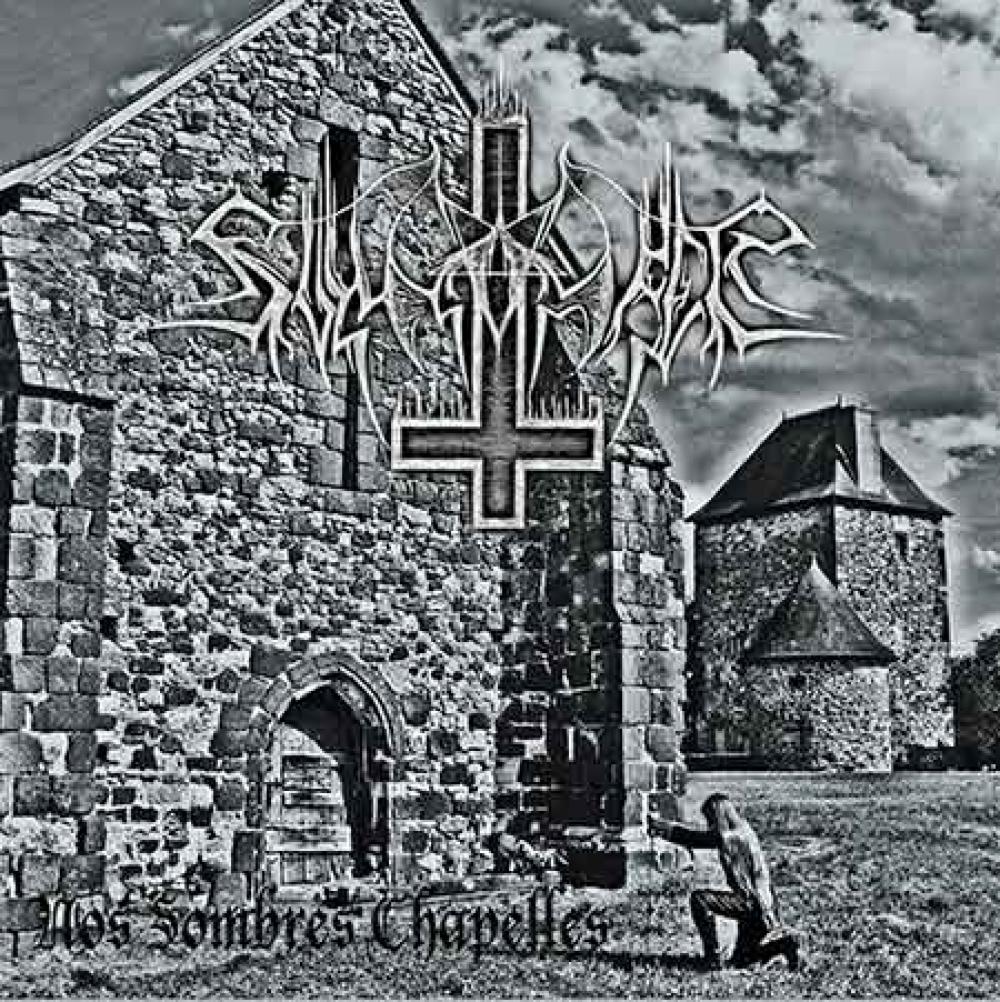
Metallerium: This is our first interview. Do you mind telling us about the band’s history?
Sühnopfer: I created Sühnopfer around 2000 while I was a drummer in other local black metal bands. Then, I simply wanted to create my own interpretation of what attracted me to black metal. I released 3 demo tapes until 2004, before my first release on a label with the EP “L'aube des Trépassés” in 2006. It’s from this moment that I sought a medieval, chivalrous, and historic aspect for the tracks of Sühnopfer. Then I produced 3 albums including "Nos Sombres Chapelles" in 2010 "Offertoire” in 2014 (on Those Opposed Records), and "Hic Regnant Borbonii Manes" in 2019 on Debemur Morti.
Metallerium: Also, as a musician, what inspired you to learn to play musical instruments and dedicate yourself to your band Sühnopfer?
Sühnopfer: I began to learn music theory very early around 5/6 years old, at which time I also learned to play the accordion. I was also very interested in drums and began to practice it when I discovered my first metal albums around 14/15 years old. When I dug more into discovering the black metal universe of the 90s, these sounds really marked me and came naturally from the Swedish, Norwegian, or French scenes of this time. I always wanted Sühnopfer to be part of this aesthetic continuity because it’s simply the essence of what made me appreciate and immerse into black metal, and create my own version of the genre by bringing my personal inspiration with themes and tones that make me feel something.
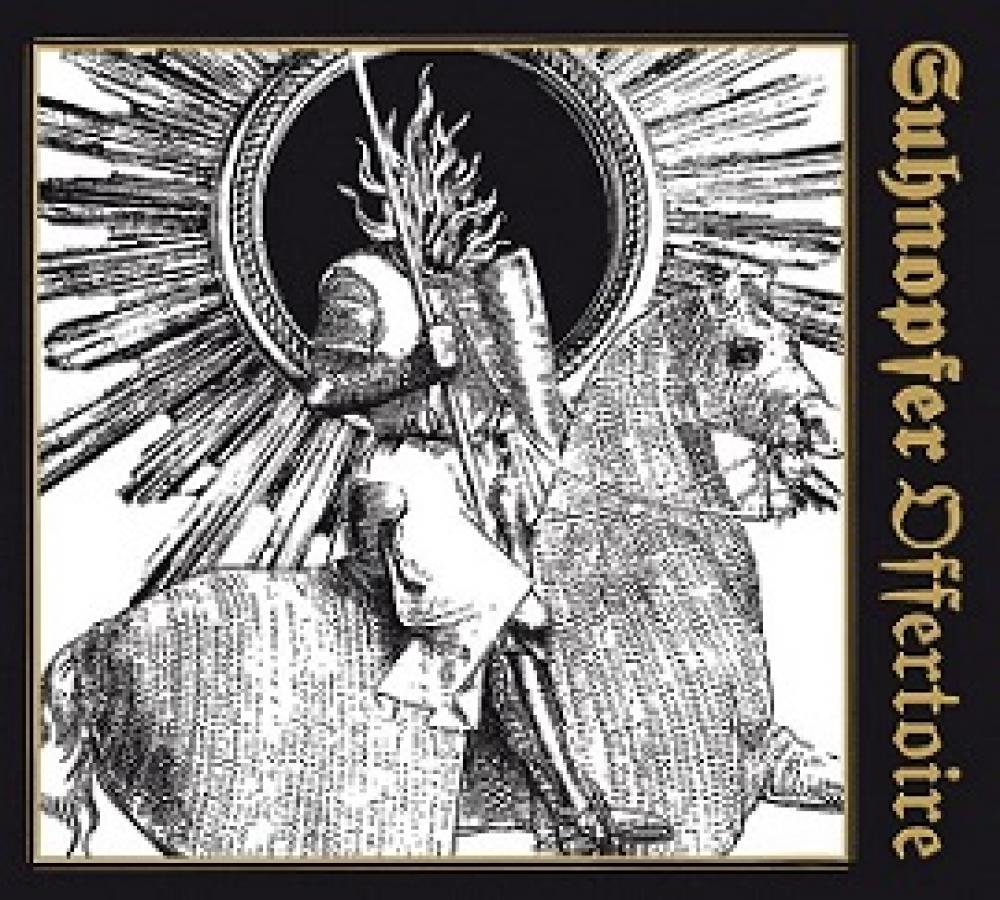
Metallerium: About the last album “Nous sommes d'hier”. What can you tell us about the name and the cover art? How do you work on this aspect?
Sühnopfer: The title itself stems from a biblical reference, namely the Book of Job 8:9, where it is written: “We are from yesterday, and we know nothing, our days on earth are only a shadow“. This title resonates with my Art as it cuts across the relevant themes addressed by Sühnopfer: evoking a religious atmosphere, the death of a historical era, the feeling of not being part of the right period, and the ephemeral passage that we are all subject to. We are nothing but emanations of past and bygone millennia. I worked with the French iconographic & patrimonial artist Charles Dubus to conceive this cover artwork. He’s very talented at representing some realistic historical subjects. The main character stands in a ruined church, which could be interpreted as his last sanctuary after his forfeiture, his posture evokes the iconography of Job (since the title is linked to this passage from the Old Testament). He finds himself naked on the top of his body like Job, but the rag that remains to him is a large royal cop. He wears a crown to make it clear that he is a fallen king, his imploring posture and the ray of light that illuminates him for our chiaroscuro evoke a weak hope distilled through the song of this album.
Metallerium: When did you begin to work on this new album? How do you know it is time to work a new record? And as a musician how do you work in order to get the inspiration for your art in general?
Sühnopfer: I started working on new tracks a little time before the release of Hic Regnant Borbonnii Manes. Usually, I already start working on new tracks as soon as the previous album has been released. As I said before it also depends on my free time. I usually start by looking for the best riffs on the guitar, according to the inspiration of the moment. When I have enough substance to develop one track or more, I start to think a little more about an album as a whole. I have always worked on the albums over long periods to get the best results and inspiration.
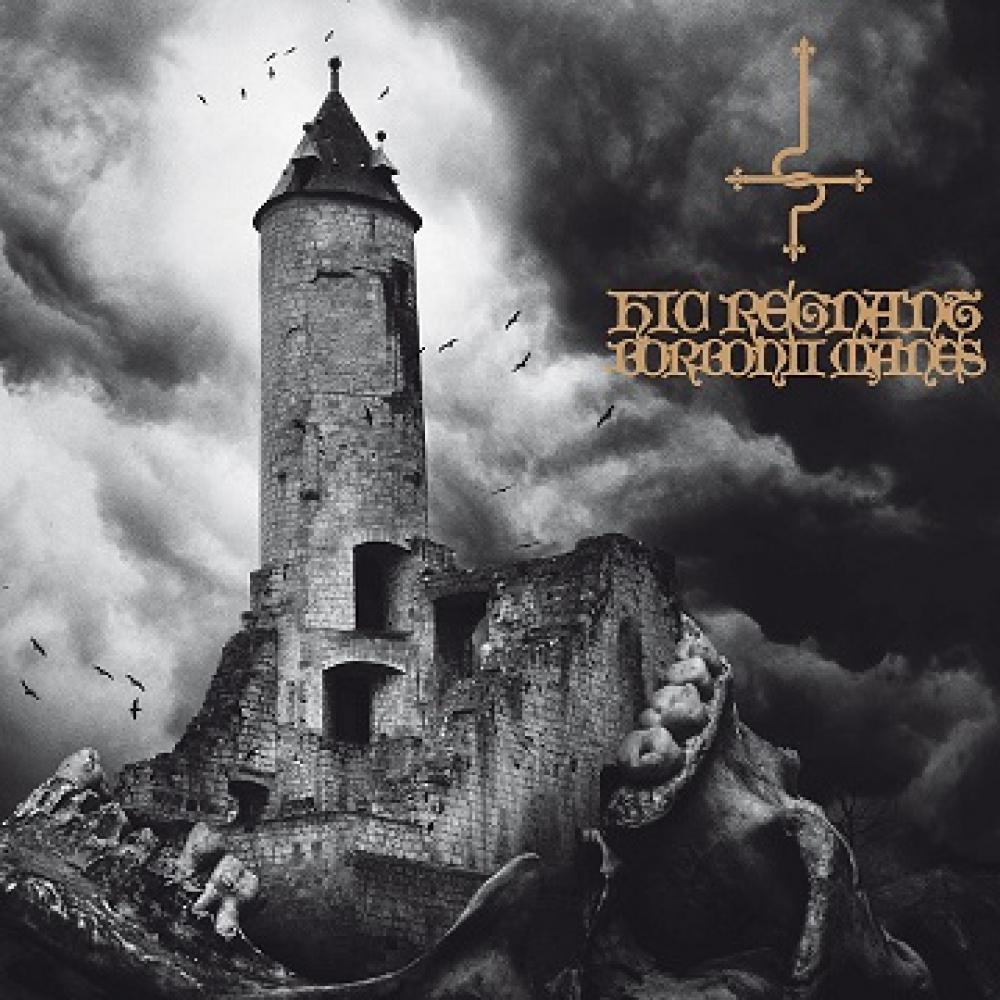
Metallerium: In addition to the previous question, Did the creative process and recording change much through the years?
Sühnopfer: Sühnopfer's own compositional process hasn’t changed a lot since “Nos Sombres Chapelles”. Once I have found a certain number of fairly coherent riffs, I try to structure new songs with just the basic/main line on the guitar. The work on the harmonization and arrangements of the other guitar lines (generally 3 per riff, occasionally more if the need arises) comes later when I have recorded my guitar track on the part of drums that I will have worked on and then recorded in the studio according to the final structures of the song. I then return to the studio once all the lines are composed to finalize the guitar parts on the songs, and same thing for the bass, and finally the vocals recordings. Usually, it takes me 2 years to compose the riffs and the songs, and another two years for the recording and the arrangements. Now I don't put any more pressure on myself, and it doesn’t matter how long it takes. I prefer to release an album after 10 years of work if I haven’t got the whole time to do it readily with a satisfying result, rather than release it in two years but with a slovenly work.
Metallerium: This is your second record with Debemur Morti Productions. How important is it for you to work with this label compared to releasing the album in an independent way?
Sühnopfer: It is a very big advantage for me to work with this label because being alone I wouldn’t have the means to self-produce and properly distribute my music. Debemur Morti is still one of the most important underground labels nowadays, they always let their artists express fully their music, there’s no matter of time/deadline to create an album, and we can discuss everything very professionally about the releases and their promotion.
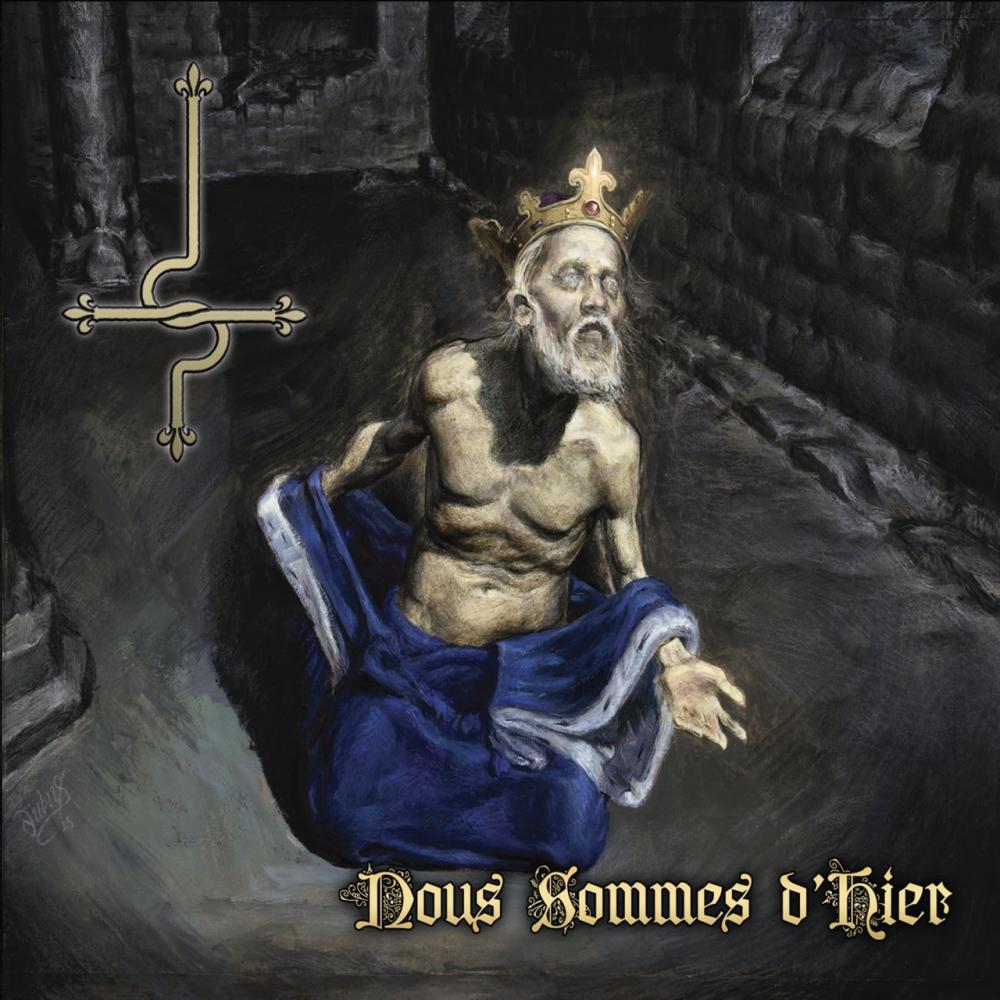
Metallerium: When I look for the band on the internet, I find recording videos but not music videos. Are there chances to see a music video from Sühnopfer? Also, Is this only a project for studio recordings? Are there plans to see you touring with Sühnopfer?
Sühnopfer: We plan to release a few more guitar and drum playthrough videos on some tracks from the new album, but no music videos for the moment, as this generally requires a lot of resources I haven’t mastered yet. Being alone in creating Suhnopfer's music means obviously that for now, this project has always remained at the studio recording stage. Currently, planning to set up a team to perform concerts would require time and means that I don’t have yet. Maybe that will be possible when I’m much older and retired from my professional life…
Metallerium: After 20 years with Sühnopfer, how are you feeling about the band's achievements at this point in your career? What does the new album mean for you?
Sühnopfer: I have always tried to improve and enrich my music with each album, and I think finally that “Nous Sommes d’Hier” is for me the highest point of Sühnopfer’s career. It is a summary of the best I have been able to do so far. I don't even know if I will ever be able to overcome this, we’ll see in the future.
Metallerium: Thanks a lot for your time and congratulations on the new album! Anything you want to say to your fans in Latin America?
Sühnopfer: Thanks for your support and interest! I know how maniac Latin America’s metalheads are, and I hope they’ll dig Sühnopfer’s new album and also the previous ones for many years to come!

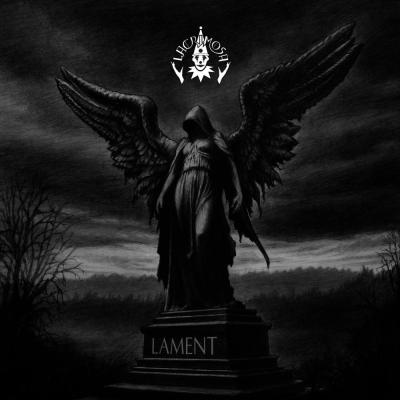 Lacrimosa - Lament - 2025
Lacrimosa - Lament - 2025 Avantasia - Here Be Dragons - 2025
Avantasia - Here Be Dragons - 2025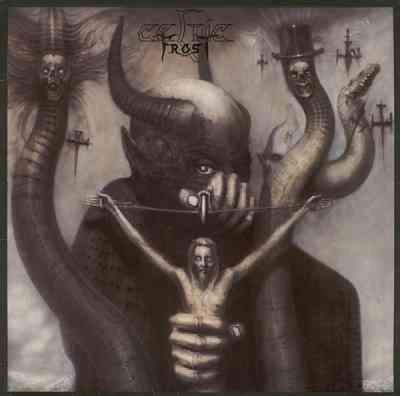 Celtic Frost - To Mega Therion - 1985
Celtic Frost - To Mega Therion - 1985 Under Threat - Deathmosphere - 2006
Under Threat - Deathmosphere - 2006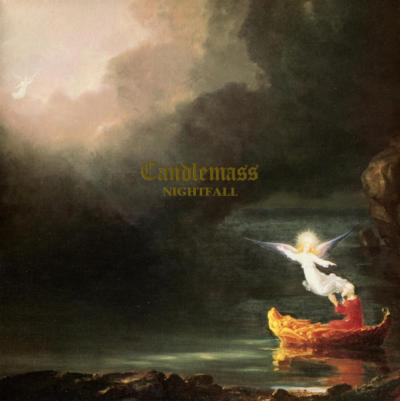 Candlemass - Nightfall - 1987
Candlemass - Nightfall - 1987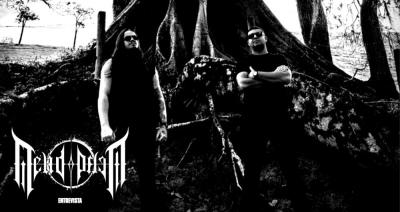 Entrevista a A Dead Poem
Entrevista a A Dead Poem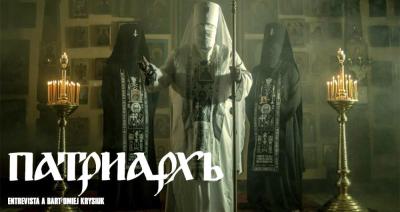 Entrevista a Patriarkh (Bartłomiej Krysiuk)
Entrevista a Patriarkh (Bartłomiej Krysiuk)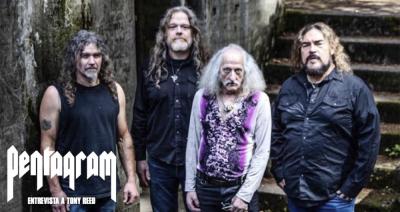 Entrevista a Pentagram (Tony Reed)
Entrevista a Pentagram (Tony Reed)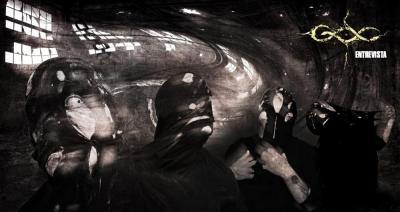 Entrevista a G. O. C. (Atanh)
Entrevista a G. O. C. (Atanh)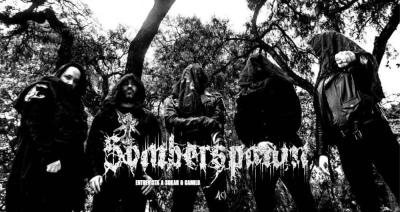 Entrevista a Somberspawn (Sokar & Camilo)
Entrevista a Somberspawn (Sokar & Camilo)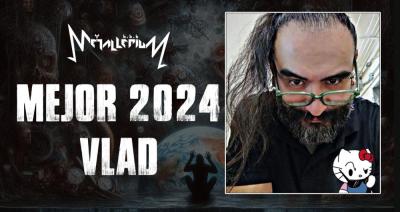 Lo mejor del 2024 según Vlad
Lo mejor del 2024 según Vlad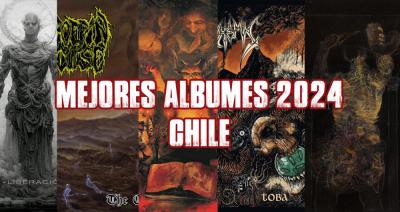 Lo mejor de Chile 2024
Lo mejor de Chile 2024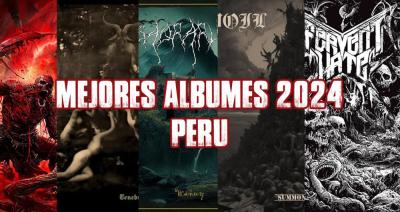 Lo mejor de Perú 2024
Lo mejor de Perú 2024 Lo mejor de México 2024
Lo mejor de México 2024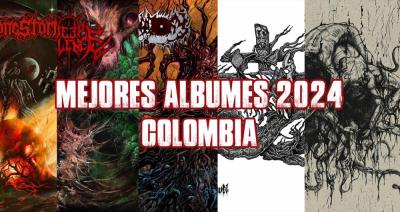 Lo mejor de Colombia 2024
Lo mejor de Colombia 2024 Malum presentan nuevo sencillo Hollow de nuevo álbum From The Voids
Malum presentan nuevo sencillo Hollow de nuevo álbum From The Voids
 Bringers of Disease presentan nuevo sencillo Sacred Heart Of The Abyss de nuevo álbum Sulphur
Bringers of Disease presentan nuevo sencillo Sacred Heart Of The Abyss de nuevo álbum Sulphur
 Vile Desolation presentan nuevo sencillo Chaos Unleashed de nuevo álbum Annihilating the Consciousness
Vile Desolation presentan nuevo sencillo Chaos Unleashed de nuevo álbum Annihilating the Consciousness
 Akem Manah presentan nuevo sencillo The Sleep of Eve Saldana de nuevo álbum Threnodies
Akem Manah presentan nuevo sencillo The Sleep of Eve Saldana de nuevo álbum Threnodies
 Erik Grönwall presenta sencillo principal de nuevo álbum Bad Bones
Erik Grönwall presenta sencillo principal de nuevo álbum Bad Bones
 Cognizance presentan nuevo sencillo Witness Marks de nuevo álbum In Light, No Shape
Cognizance presentan nuevo sencillo Witness Marks de nuevo álbum In Light, No Shape
 Spell presentan nuevo sencillo Lilac de nuevo álbum Wretched Heart
Spell presentan nuevo sencillo Lilac de nuevo álbum Wretched Heart
 Frozen Soul presentan sencillo principal de nuevo álbum No Place Of Warmth
Frozen Soul presentan sencillo principal de nuevo álbum No Place Of Warmth
 Black Sabbath
Black Sabbath Millennium
Millennium A Forgotten Dream
A Forgotten Dream Furia Del Alma
Furia Del Alma De Mysteriis Dom Sathanas
De Mysteriis Dom Sathanas